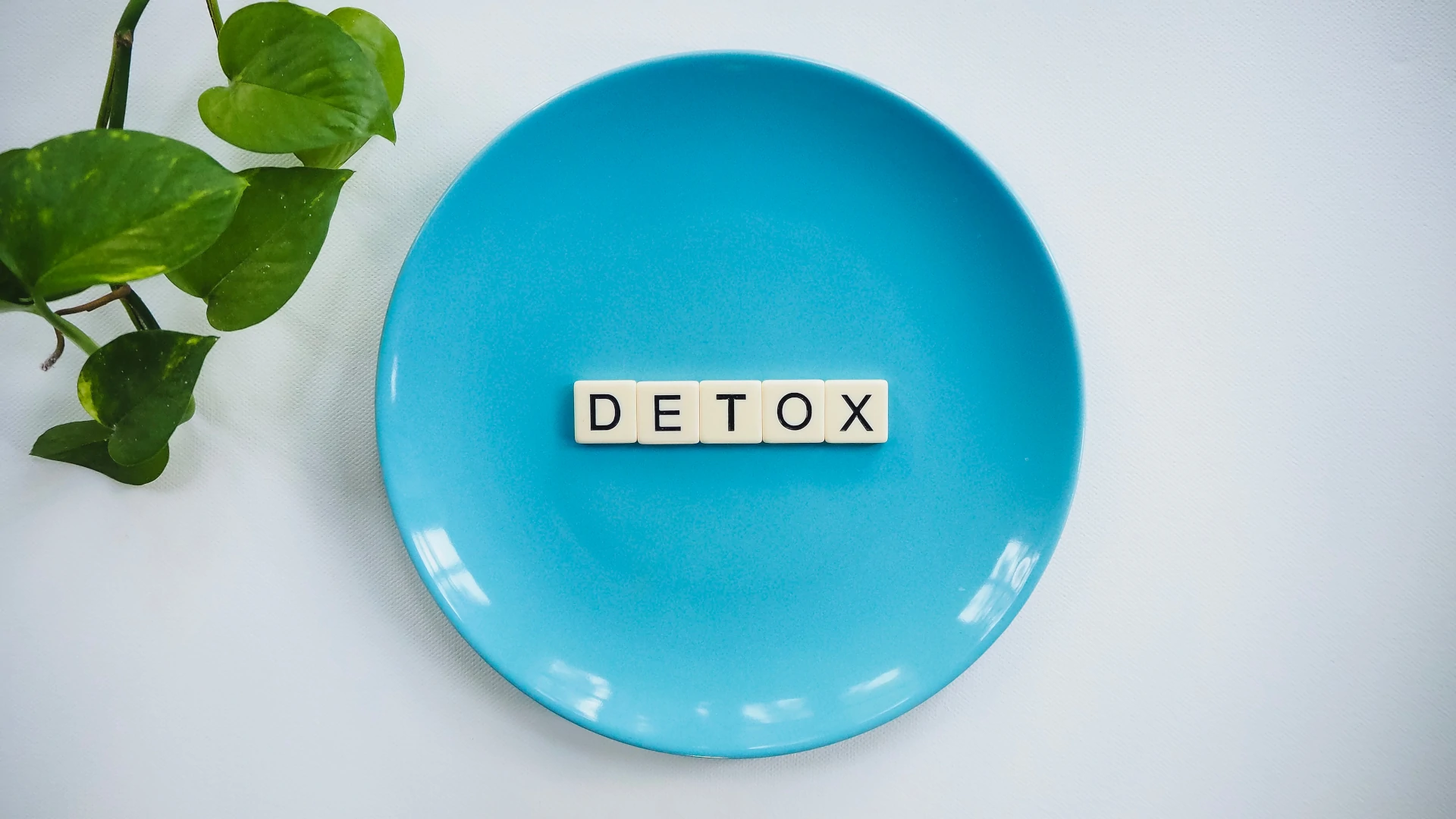One of the most significant benefits of spirulina is its ability to aid in detoxication. Our bodies are exposed to toxins every day, whether from the food we eat, the air we breathe, or the products we use. Over time, these toxins can build up in our cells and contribute to a variety of health issues.
Detoxication
Detoxification – a crucial process that the body carries out to eliminate harmful substances and promote cellular health. Spirulina, blue-green microalgae, has been the focus of extensive research due to its numerous health benefits. Which include antioxidative, anti-inflammatory, and detoxifying properties. This article delves into the biochemistry of Spirulina, providing a step-by-step guide to unlocking its potential for true cellular healing.
Spirulina’s Biochemical Profile
Spirulina contains a rich array of nutrients, including proteins, vitamins, minerals, and essential fatty acids. A key component of its detoxifying potential is the high concentration of chlorophyll, which plays a crucial role in the elimination of heavy metals and toxins from the body. Moreover, Spirulina is abundant in antioxidants, such as phycocyanin, beta-carotene, and tocopherols, which help neutralize harmful free radicals.
The Detoxification Process with Spirulina
Heavy Metal Detoxification
Heavy metals, such as lead, mercury, and arsenic, can accumulate in the body and disrupt normal cellular functions. Spirulina has been shown to bind to these metals, forming stable complexes that can be excreted from the body. This chelation process effectively removes harmful metals and alleviates the burden on the body’s detoxification systems.
Liver Detoxication Support
The liver – the primary organ responsible for detoxifying harmful substances. Spirulina aids the liver in its detoxification processes by providing essential nutrients and antioxidants that neutralize toxic compounds. In addition, these antioxidants, including phycocyanin and chlorophyll, stimulate the production of glutathione – the body’s master antioxidant – which is essential for detoxification and cellular protection.
Reduction of Oxidative Stress
Oxidative stress occurs when there is an imbalance between free radicals and antioxidants in the body. This can lead to cell damage and inflammation. Spirulina’s high concentration of antioxidants helps combat oxidative stress, thereby preventing cellular damage and promoting overall health.
Practical Guide to Incorporating Spirulina in Your Detoxication Regimen
1. Choosing High-Quality Spirulina: Essential to select a high-quality, pure Spirulina supplement to ensure maximum detoxification benefits. Look for products that are free of contaminants, such as pesticides, and have undergone stringent quality control measures.
2. Dosage Recommendations: For detoxification purposes, a daily dose of 3-5 grams of Spirulina. More over, this can be divided into smaller doses throughout the day to ensure a steady supply of nutrients and antioxidants.
3. Combining with Other Detoxifying Agents: Spirulina can be combined with other natural detoxifiers, such as chlorella and cilantro, to enhance its detoxification potential. These synergistic effects lead to improved cellular healing and overall health.
Conclusion
Spirulina’s unique and comprehensive nutrient profile, coupled with its potent detoxifying properties. Holds immense potential to foster true cellular healing and significantly improve overall health. By understanding the biochemistry behind Spirulina’s interaction with the body’s detoxification processes. Also, one can harness its full potential to support the elimination of toxins, heavy metals, and harmful substances that can adversely impact well-being.
To learn more about the benefits of spirulina, you can do so in the blog section.

